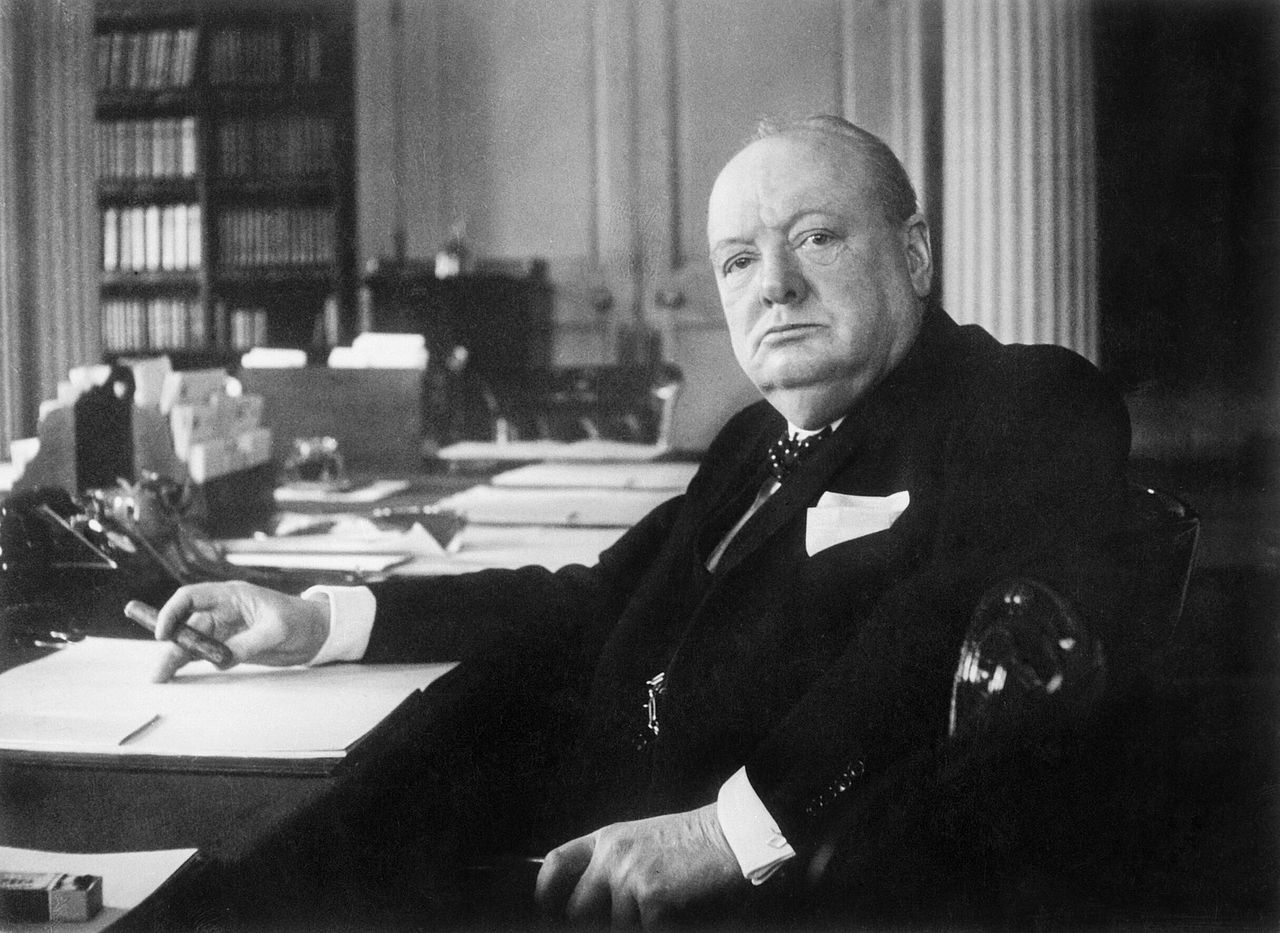 March 20, 1921 The Shame of Winston Churchill
March 20, 1921 The Shame of Winston Churchill
The Palestine Mandate is Reduced by 75%
Winston Churchill:
“I created Transjordan with the stroke of a pen on a Sunday Afternoon in Cairo”
Source: O Jerusalem!, Lapierre Collins, Simon & Schuster (1972)
March 21th, 1921: The Shame of Winston Churchill
The Palestine Mandate is Reduced by 75% from
Winston Churchill, Secretary of the State for the Colonies, in keeping with Britain’s ‘Economy with Honor’ policy towards the Arab provinces of the Ottoman Empire, had sponsored and chaired a conference at Cairo on 12th March 1921, to draw up a blueprint for an imperial policy to be adopted for the ‘Arab rectangle’. The Cairo Conference was attended by, among others, Sir Herbert Samuel ( the High Commissioner for Palestine), Sir Percy Cox ( the newly appointed High Commissioner of Iraq), and the personal adviser to the Colonial Secretary none other than the articulate and evergreen Colonel T.E. Lawrence.
Ten days prior to the conference, however, Emir Abdullah’s occupation of Amman had forestalled British mandatory plans for the Transjordan region. Thus, during the course of Winston Churchill’s visit to Jerusalem on March 24, 1921, Emir Abdullah was firmly establish at Amman, and threatening to invade Syria. Not surprisingly, on March 28, 1921, Emir Abdullah was invited by Sir Herbert Samuel to attend a conference at Jerusalem, at which Winston Churchill, fresh from the Cairo Conference, presided.
The meeting, which was attended on the Arab side by Emir Abdullah and Auni abd el Hadi, and on the British side by Winston Churchill, Sir Herbert Samuel and the ubiquitous Colonel T.E. Lawrence , was of importance in that it confirmed British sanction and support for the embryonic state of Trans Jordan. The terms of the agreement recommended King Feisal’s withdrawal from Syria and his acceptance of the Kingship of Iraq (thereby appeasing the French), and the formal acceptance of Emir Abdullah’s presence in Transjordan.
The over optimistic and buoyant Churchill assured Emir Abdullah of King Feisal’s return to Syria within ‘ a period of six months or so’, but chose not to discuss the key subject of Palestine as it was not ‘in his jurisdiction to do so.’ As regards Emir Abdullah’s views on the political future of Palestine, he observes in his Memoirs: ‘As for the people of Palestine, they refuse the Balfour Declaration and insist on the retention of Palestine. We shall not agree to the annihilation of the Arabs for the sake of the Jews.
In an urgent letter to the Foreign Office, the Colonial Office explained that Article 25 (of the Palestine Mandate) had been framed in such a way as to enable Britain “to set up an Arab administration and to withhold indefinitely the application of those clauses of the mandate which relate to the establishment of the National Home for the Jews”
Source: Kleiman, Aaron S. Foundations of British Policy in the Arab World: The Cairo Conference of 1921, Johns Hopkins Press, Baltimore, 1970, p. 123